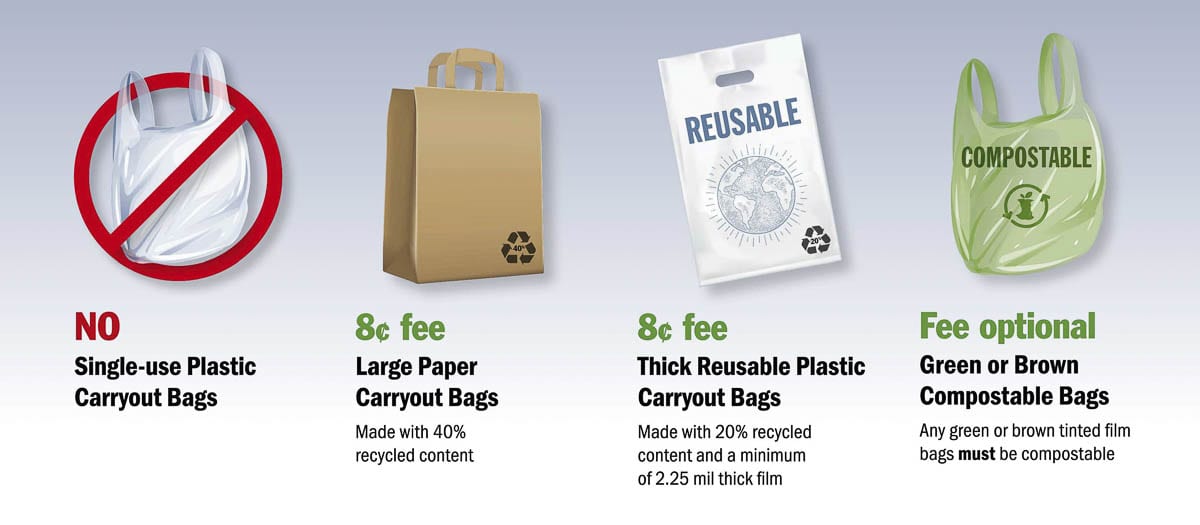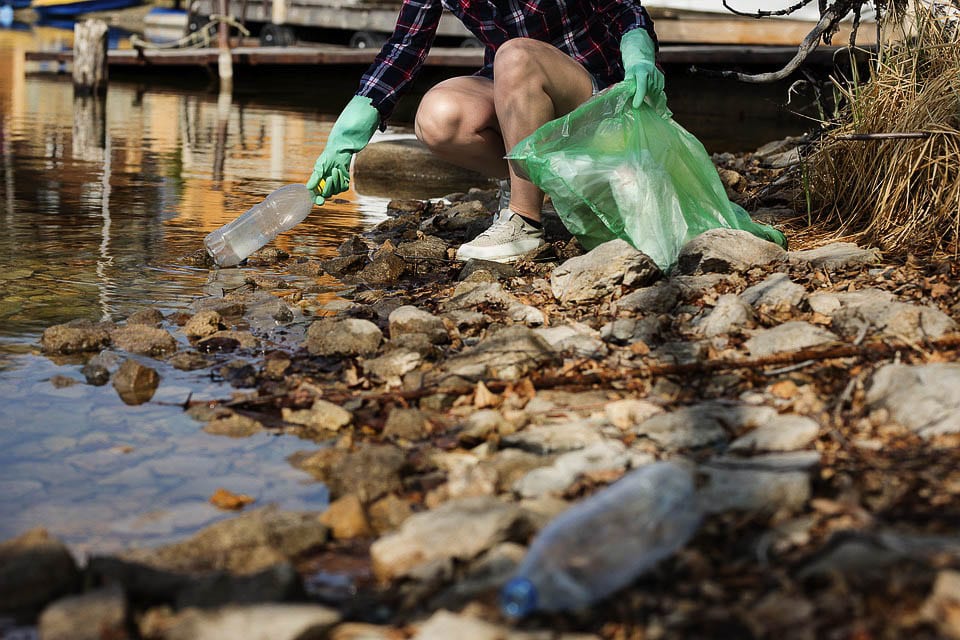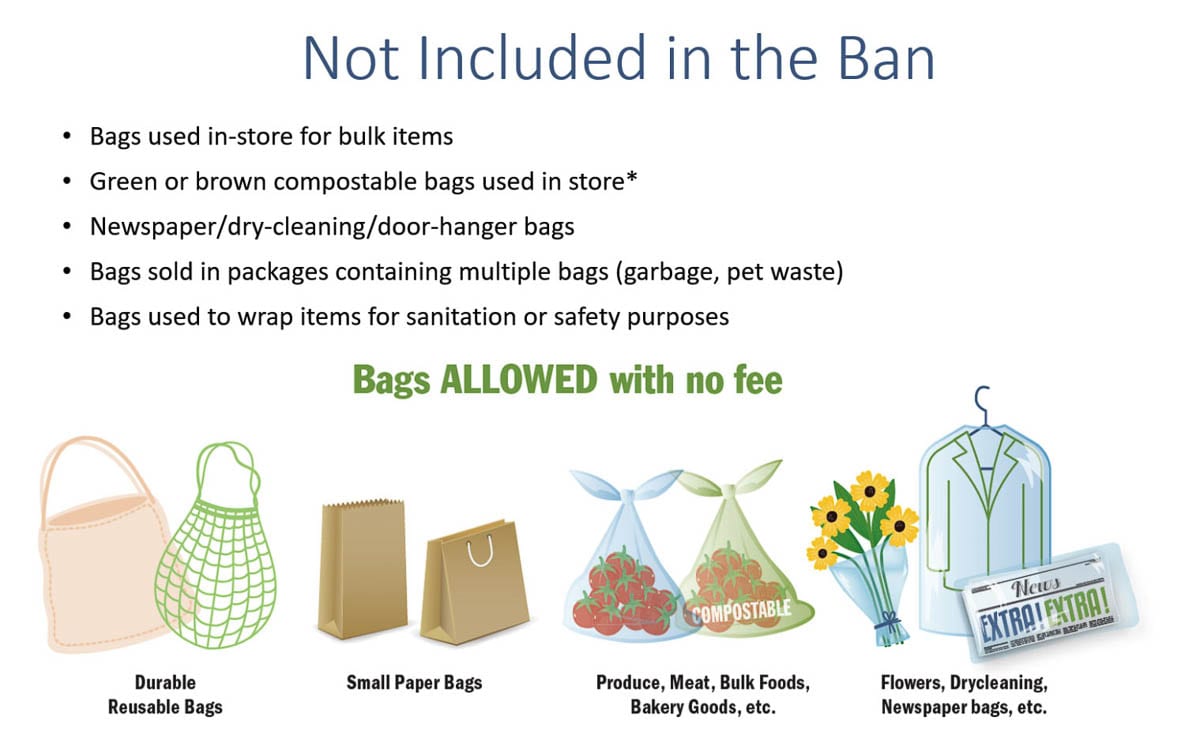The legislature could still decide to further delay implementation when it meets in January
A ban on single-use plastic grocery bags set to take effect in 2021 has been delayed until at least the end of January.
While issuing a proclamation on the delay, Gov. Jay Inslee noted supply issues for retailers caused by the ongoing pandemic, as well as some retailers asking customers not to bring bags from home due to concerns over worker safety during the pandemic.

When the state legislature meets beginning Jan. 11, they could decide to further delay implementation of the ban, depending on whether supply chain issues have been ironed out.
Either way, at some point a statewide ban on single-use plastic grocery bags will go into effect at some point in 2021.
Approved by the legislature in March, 2020, the bill restricts retailers, restaurants, takeout, as well as farmers markets and food trucks to only paper bags with at least 40 percent recycled content, or thicker reusable plastic bags with at least 20 percent post-consumer recycled material.
If customers don’t bring their own reusable bags, they’ll have to pay a fee of 8 cents per bag for anything provided by the store. The only exceptions being thin-film plastic produce bags, or bags used by flower shops or dry cleaners.
While most of the fee will be retained by retailers to offset the cost of the more expensive paper and reusable plastic bags, the sale will be taxable. The state Department of Revenue anticipates the ban will bring in $3.8 million during the first year, rising to $7.4 million in 2021-23.
The state also hopes to see cost savings in waste management. Single-use plastic bags are notorious for gumming up sorting machines at recycling centers, and have greatly reduced the value of recycled materials, largely eliminating sales to China over the contamination issue.

“Used for about 12 minutes, they cost retailers nationwide upwards of $4 billion annually,” said Shannon Jones, a materials management coordinator with the Washington Department of Ecology. “These bags are also the number one contaminant and a major safety issue in recycling material recovery facilities, and are estimated to take up to 1,000 years to break down in a landfill.”
According to a survey conducted by the Northwest Progressive Institute, more than two-thirds of Washingtonians supported the statewide ban.
Many retailers also spoke out in favor of the new law, says Jones.
“I think that businesses have had a hard time with the piecemeal ordinances across the state, especially larger businesses that have multiple locations where they have to adjust their practices based on where an ordinance is,” Jones says. “Also, there has previously been no mechanism for businesses to recoup any of the costs of providing the plastic bags.”
Even if the legislature allows the ban to go into effect at the end of January, retailers will have some time to adjust.
“There is a grace period for those businesses that are using plastic bag inventory from 2020,” says Jones. “They can continue to distribute these bags until June 11, 2021. However, this grace period only applies to those areas that did not previously have a bag ban ordinance in place.”
The state also plans to launch a website where consumers can file complaints if they believe a business is operating in violation of the new law.

Jones says the state will initially take an educational approach for retailers caught using the plastic bags after June 11, but further violations could result in fines of up to $250.
Regarding concerns that reusable cloth bags could be a vector for the spread of COVID-19, Jones called that a misconception put forward by the plastics industry “in the first few months of the pandemic,” which has since been proven to be largely unfounded.
Jones said the state will continue to monitor the program and submit a report in 2024 on any recommended changes.
The per-bag fee is currently expected to increase to 10 cents in 2026.




